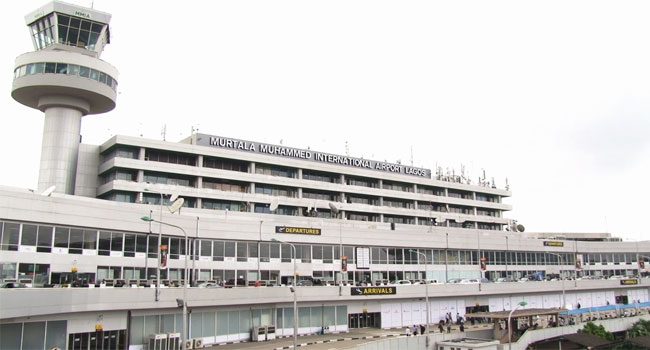By Olusegun Adeniyi
In the illustrious Baba-Ahmed family of Zaria, Kaduna State, Mouftah’s name may not ring a bell among the Gen-Z generation of Nigerians. Many of them would know the Baze University proprietor and Labour Party presidential running mate in the 2023 general election, Senator Datti Baba-Ahmed and retired federal permanent secretary, Dr Hakeem Baba-Ahmed. Yet, the ‘middle brother’, our beloved ‘egbon Mouftah’ (now of blessed memory), was as influential as he was prominent—even though he chose to operate from the background. Indeed, there are few Nigerians with the incredible power of networking exhibited by the late Mallam Mouftah Baba-Ahmed who belonged to the class of people described as ‘Connectors’ by Malcolm Gladwell in his book, ‘The Tipping Point’. This much was attested to by Waziri Adio’s fitting tribute last Sunday.
Highly cerebral and very knowledgeable about so many issues, egbon Mouftah obtained his first degree from Ahmadu Bello University, Zaria and a Master’s from the University of Lagos before also attending Harvard Institute of International Development and London Business School. He started his career in the public sector in Lagos while still in his twenties. He was Secretary, Committee on Development Finance and International Trade, affiliated to Nigerian Industrial Development Bank (now Bank of Industry), Special Assistant to Dr. Hamza Zayyad, the legendary Chairman of the Technical Committee on Privatisation and Commercialisation (TCPC), precursor to the Bureau of Public Enterprise (BPE). He was also the Executive Director, Finance, Administration and Corporate Services of the National Electric Power Authority (NEPA) long before the reform of the power sector. By his mid thirties, he had moved to the private sector, where he became Chairman of NAL Bank PLC (which later merged with others to become Sterling Bank PLC), and Executive Vice Chairman of African Investment Corporation etc.
Meanwhile, egbon Mouftah was a simple man who had what I would describe as a ‘Methuselah disposition’. He enjoyed being seen as an ‘elder’ despite the fact that he was born in February 1962! Like Waziri, I am also one of his numerous ‘aburos’, but on the Nigeria Collective (NC)—the chat group comprising many of the high and mighty in Nigeria which he created—he always posted my column in a certain way that has earned me a non-existent ‘title’ from members. It started about a decade ago when he asked whether it was true that I am a deacon in the Redeemed Christian Church of God (RCCG) and I answered in the affirmative. The next week, he posted my column on NC as coming from the ‘Executive Deacon’. And from that time, until he died last week, that was the way he headlined my column every time.
From my interactions with the late egbon Mouftah, he took his faith very seriously so he could have had no greater wish than to die and be buried in Saudi Arabia. But as Datti told Waziri and I when we visited the family on Monday, the events of his last few weeks and how he moved from a London hospital to Saudi Arabia were providential and miraculous in so many ways. They were certainly not planned. While the ideal of the NC he created is now clearly on the wane, a reflection of Nigeria in so many ways, members have profited from the bonds and relationships created as a result of the interactions on the platform. And for that, many owe the late egbon Mouftah a world of gratitude. May God comfort the family he left behind.
• You can follow me on my X (formerly Twitter) handle, @Olusegunverdict and on www.olusegunadeniyi.com
The post Adieu, Egbon Mouftah Baba-Ahmed appeared first on THISDAYLIVE.


